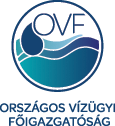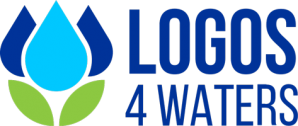EXPECTED RESULTS
By getting to know working NWRMs in the region, Hungarian municipalities would also have the ability to react to climate change-related impacts by effective, natural actions. Gaining knowledge, experience and the necessary tools will significantly increase the adaptive capacity of the municipalities, and as far as our exposed natural habitats and resources are concerned, successful NWRM will lead to resilient, adaptive and balanced natural areas, reserving the resources instead of losing them due to bad management or unpreparedness. NWRMs will improve the climate resilience and wellbeing of the local communities and contribute to the reduction of risks for the local economy. Restoring wetland habitats also contributes to the mitigation of the effects of climate change.
With our project actions we expect to have the following results and impacts:
Improved knowledge of decision makers at local governments on climate induced water risks, ecosystem based adaptation and funding sources. We will have a more climate conscious and a more prepared municipality sector that is aware of its possibilities and ready to act (e.g. integrate NWRM approach into local strategies, update land use plans).
Quantitatively:
- cc. 300 training participants
- cc. 300 E-learning users
- cc. 280 roadshow participants
- cc. 8000 website visitors
- project publications, information materials, newsletters
- Water Risk Filter in Hungarian with national datasets
Improved climate resilience of the 5 pilot sites
Water scarcity problems will alleviate, excess waters will be retained in created wetlands, green infrastructure creates buffers potential against extreme weather events, local climate smoothen.
Quantitatively:
- 5 prototype NWRMs
- 1 Adaptation Guide (supporting the replication of the tested NWRMs)
Improved adaptive capacity of the replication sites
Knowledge of their natural assets will increase in relation to water management and CCA.
Quantitatively:
- 5 feasibility studies (for additional 5 sites)
- 5 replication plans (ready to implementation, based on feasibility studies)
Better cooperation of municipalities and stakeholders, strengthened coordination role
We will have municipalities with strengthened coordination role in managing local issues, involving stakeholders, establishing cooperation, sharing knowledge, building partnerships, networks, both at local and EU level.
Quantitatively:
- cc. 5 catchment level partnerships
- 5 study trips to abroad
- 20 county-level climate platforms with enlarged scope
- 1 smart IT tool












